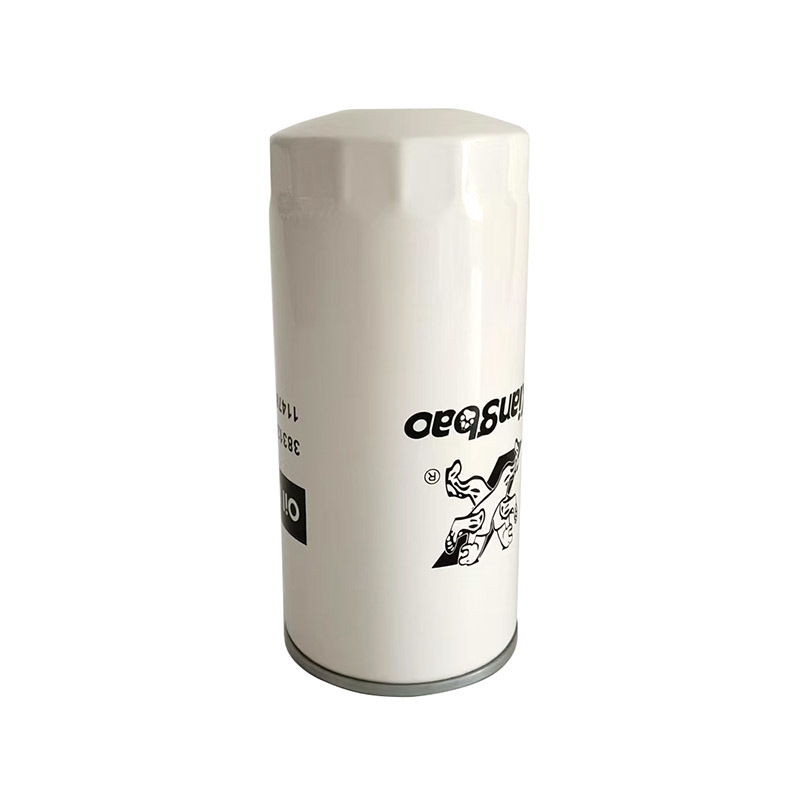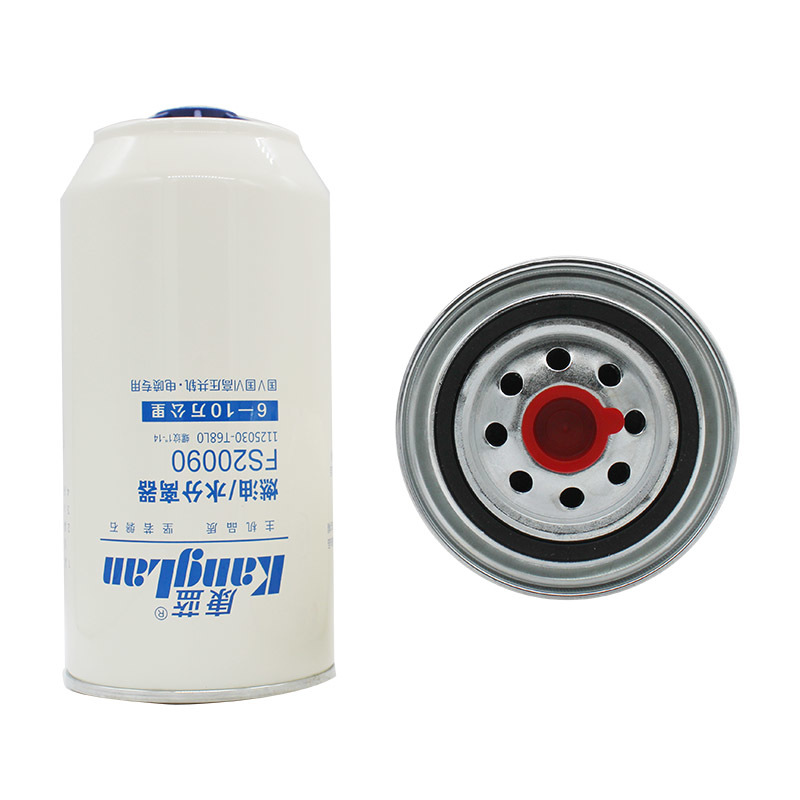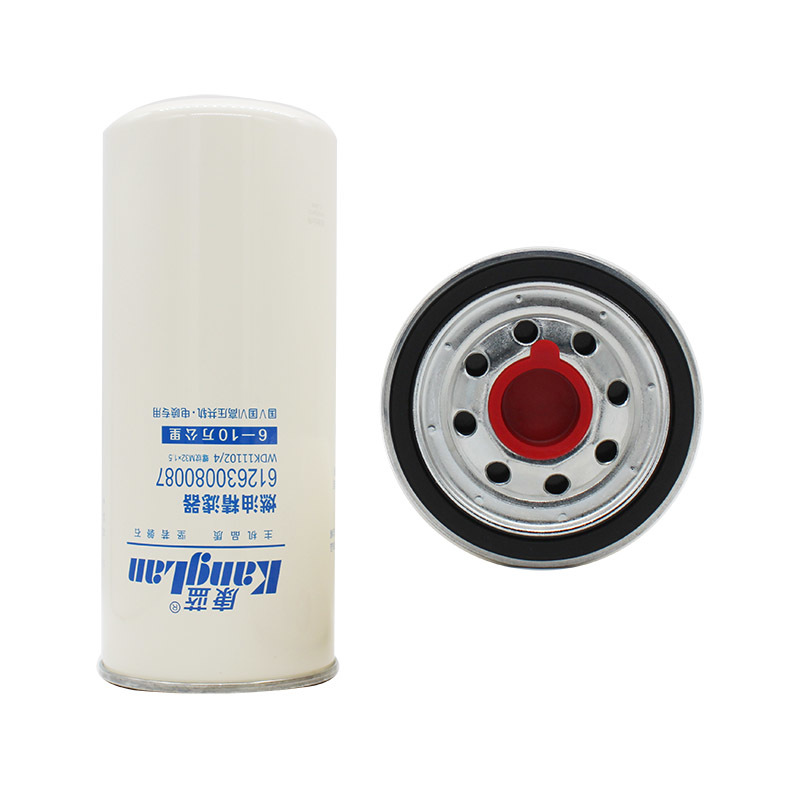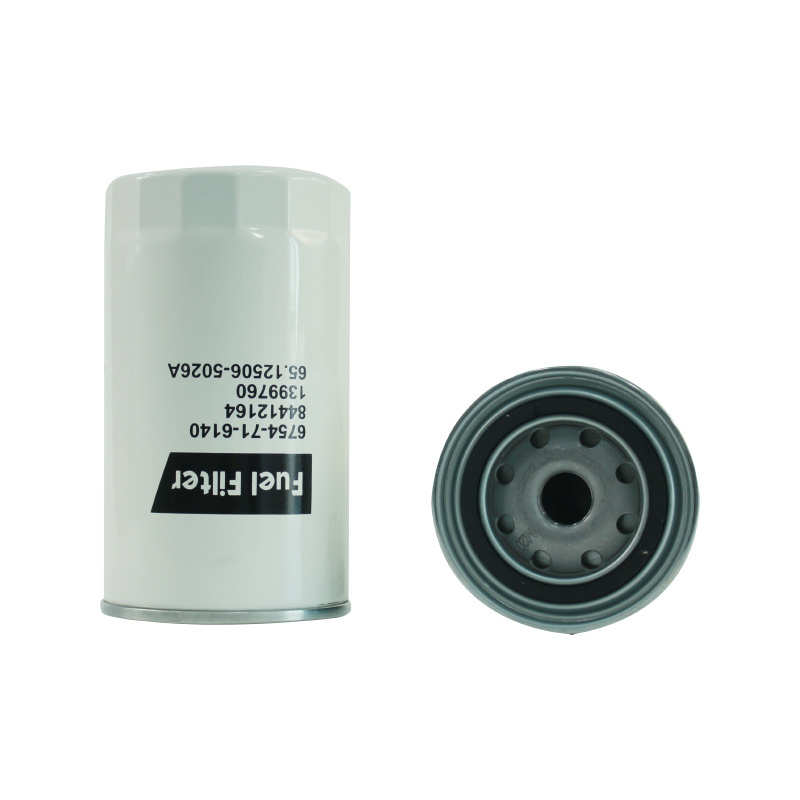Welcome to Hebei Takai Vehicle Parts Technology Co., Ltd.
A Beginner's Guide to Tractor Oil Filters: Essential Features Uncovered for Optimal Performance
Release Time:
Aug 10,2025
A Beginner's Guide to Tractor Oil Filters: Essential Features Uncovered for Optimal Performance Table of Contents What Are Tractor Oil Filters? Why Are Oil Filters Crucial for Tractors? Key Features of Tractor Oil Filters 1. Filter Media 2. Filter Design 3. Valve Types 4. Size and Compatibility 5. Service Interval
A Beginner's Guide to Tractor Oil Filters: Essential Features Uncovered for Optimal Performance
Table of Contents
- What Are Tractor Oil Filters?
- Why Are Oil Filters Crucial for Tractors?
- Key Features of Tractor Oil Filters
- Choosing the Right Oil Filter for Your Tractor
- Common Myths About Tractor Oil Filters
- Maintenance Tips for Oil Filters
- Frequently Asked Questions
What Are Tractor Oil Filters?
Tractor oil filters are specialized components that play a key role in maintaining the overall health of a tractor's engine. They function by removing impurities and contaminants from the engine oil, which can accumulate over time and negatively impact performance. These filters ensure that the oil circulating within your engine is clean and efficient, promoting optimal lubrication and reducing wear.
Why Are Oil Filters Crucial for Tractors?
The engine is the heart of a tractor, and oil filters are its first line of defense against harmful particles. Here are several reasons why oil filters are essential:
1. **Contaminant Removal**: Oil filters trap dirt, metal particles, and other debris that can cause engine wear and tear.
2. **Enhanced Engine Longevity**: By maintaining clean oil, these filters help extend the life of your engine, saving you costly repairs and downtime.
3. **Improved Performance**: Clean oil circulates better, leading to increased efficiency, better fuel economy, and enhanced horsepower.
4. **Environmental Protection**: Efficient oil filtration reduces pollution by preventing harmful substances from entering the atmosphere or soil.
Key Features of Tractor Oil Filters
When selecting an oil filter for your tractor, it's essential to consider several key features that can significantly affect performance and longevity.
1. Filter Media
The filter media is the heart of the oil filter, determining how effectively it can capture contaminants. There are generally three types of filter media:
- **Cellulose**: Made from plant fibers, cellulose filters are effective and cost-efficient but may not last as long as synthetic options.
- **Synthetic**: Synthesized materials provide superior filtration, capturing smaller particles and lasting longer under demanding conditions.
- **Combination**: Many modern filters utilize a blend of cellulose and synthetic materials to offer a balance of performance and cost.
2. Filter Design
The design of an oil filter can influence its efficiency and durability. Key design elements include:
- **Bypass Valves**: These allow oil to bypass the filter if it becomes clogged, ensuring continuous lubrication.
- **Anti-Drain Back Valves**: These prevent oil from draining back into the crankcase when the engine is off, ensuring immediate lubrication upon startup.
- **End Caps and Seals**: High-quality end caps and seals help prevent leaks, maintaining system integrity.
3. Valve Types
The valves in an oil filter are crucial for maintaining proper oil flow. The two primary types are:
- **Check Valves**: These prevent backflow of oil, ensuring that the filter remains primed.
- **Bypass Valves**: When the filter is blocked, bypass valves allow oil to flow directly to the engine, preventing potential damage.
4. Size and Compatibility
Size matters when it comes to oil filters. It's essential to choose a filter that fits your specific tractor model. A filter that is too large or too small can lead to inefficiencies and possible damage. Always refer to your tractor’s manual for the correct specifications.
5. Service Interval
Regularly changing your oil filter is crucial for maintaining optimal engine performance. Most manufacturers recommend changing the oil filter every time you change the oil, typically every 100 to 250 hours of operation. Following these intervals can help prevent contaminants from accumulating and affecting engine health.
Choosing the Right Oil Filter for Your Tractor
Selecting the right oil filter involves understanding compatibility with your tractor, the type of oil you use, and your operational conditions. Here are some steps to guide your decision:
1. **Consult Your Owner’s Manual**: Always refer to your tractor's manual for manufacturer recommendations on oil filter specifications.
2. **Assess Your Operating Conditions**: If you operate in harsh conditions (dusty environments, extreme temperatures), consider a high-efficiency filter.
3. **Consider Brand Reputation**: Go for reputable brands known for their quality and performance in the field.
Common Myths About Tractor Oil Filters
There are several myths surrounding tractor oil filters that can lead to misconceptions. Here are some of the most common:
- **Myth 1: All oil filters are the same**: In reality, oil filters vary significantly in quality, design, and performance.
- **Myth 2: Changing the oil filter is optional**: Neglecting to change the oil filter can lead to engine damage; it should be a regular part of maintenance.
- **Myth 3: If the engine runs well, the filter is fine**: Just because the engine runs smoothly doesn’t mean the filter is functioning optimally. Regular checks are essential.
Maintenance Tips for Oil Filters
Proper maintenance of your oil filter can maximize its performance and extend its lifespan. Here are some tips:
1. **Regularly Inspect Filters**: Check for leaks or damage.
2. **Follow Recommended Change Intervals**: Stick to the maintenance schedule outlined in your tractor’s manual.
3. **Use Quality Oil**: High-quality oil reduces the load on the filter and improves overall engine performance.
Frequently Asked Questions
1. How often should I change my tractor's oil filter?
Typically, it's recommended to change the oil filter every time you change the oil, which is usually between 100 and 250 hours of operation.
2. Can I use any oil filter for my tractor?
No, it's essential to use a filter that is compatible with your specific tractor model. Always refer to the owner’s manual for recommendations.
3. What happens if I don't change the oil filter?
Neglecting to change the oil filter can lead to clogged filters, reduced engine performance, and potential engine damage due to contaminated oil.
4. Are synthetic oil filters better than traditional filters?
Synthetic oil filters often provide superior filtration and durability but can be more expensive. The choice depends on your specific needs and operating conditions.
5. How can I tell if my oil filter is clogged?
Signs of a clogged oil filter can include decreased engine performance, oil pressure issues, and unusual engine noises. Regular checks can help identify these problems early.
Conclusion
Understanding the key features of tractor oil filters is essential for maintaining your tractor's performance and longevity. By choosing the right filter, adhering to maintenance schedules, and debunking common myths, you can ensure that your tractor operates at its best. Clean oil is vital for engine health, and a good oil filter is your first line of defense. Incorporating these practices into your routine will not only enhance your tractor's efficiency but also save you time and money in the long run.
You Can Also Learn More About Industry Trends












